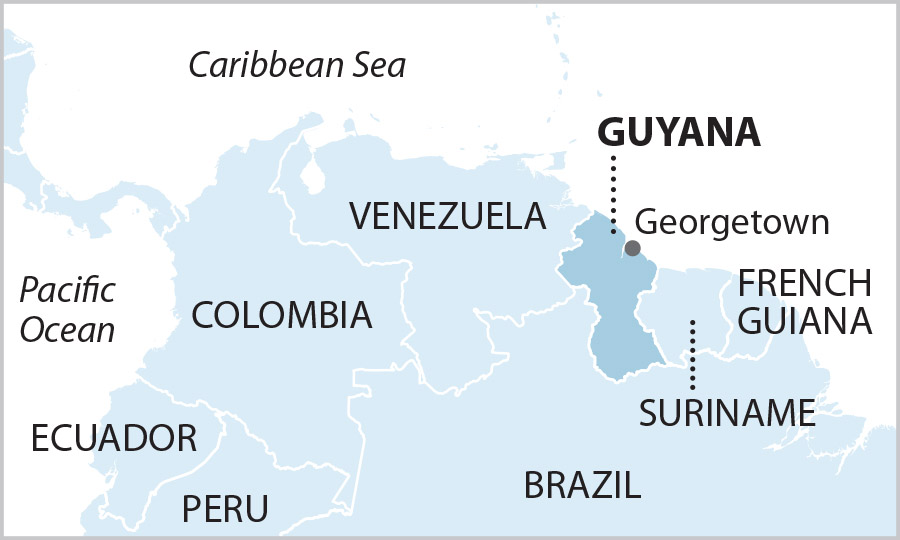ExxonMobil project in Guyana in breach of insurance obligations, court finds

Key Takeaways:
A judge ruled ExxonMobil has failed to provide adequate oil spill coverage for its massive offshore project in Guyana.
The court in Guyana said ExxonMobil “engaged in a disingenuous attempt” to dodge responsibility for potential damage.
The ExxonMobil consortium is required to provide an unlimited parent guarantee for all costs from pollution and business disruptions caused by the drilling.
The ruling marks the second time that a court has found ExxonMobil failed to follow local rules. It paid an $8.4 million penalty in 2022 for flaring gas.
ExxonMobil has failed to provide adequate insurance for the costs of recovering from a potentially catastrophic oil spill from a massive drilling project off the coast of Guyana, the nation’s top court has ruled.
The court found ExxonMobil “engaged in a disingenuous attempt” to dodge full responsibility for any damage that might be caused at its Liza One field, part of an offshore project that produces 380,000 barrels of oil daily.
“Since the judge found that ExxonMobil hasn’t provided sufficient insurance, Guyana taxpayers are currently exposed,” said Tom Sanzillo, director of financial analysis for the Institute for Energy Economics and Financial Analysis (IEEFA). “The potential consequences for Guyana are catastrophic.
“The judge found that the unlimited parent guarantee was clear and well known to the company and Guyana EPA. The parties had time—since before December 2019, when production started—to settle the final terms of the insurance.”
The court’s decision means ExxonMobil has 30 days to provide adequate insurance for the project.
The unlimited guarantee has specific meaning in light of past oil spills. BP has reported that it provided $69 billion in payments to meet its obligations due to the 2010 Deepwater Horizon spill in the Gulf of Mexico, including response, cleanup, economic claims, government payments, settlements and restoration. The environmental impact statement for the Guyana project identified 12 islands with a gross state product of $147 billion that could be affected by an oil spill.
The ruling marks the second time that the deal has been found to violate local rules. A separate lawsuit resulted in a 2020 ruling that cut the length of the consortium’s production permits in Guyana from 23 years to five years.
Litigation is also pending over flaring from the project. Although a 2016 agreement between the consortium and Guyana prohibits flaring, more than 15.1 billion cubic feet of gas had been flared by July 2021. The oil giant, which recorded $56 billion in profits last year, paid an $8.4 million penalty to the Guyana Environmental Protection Agency in 2022.
The judge’s decision and order come shortly before ExxonMobil’s May 31 annual shareholder meeting, where two resolutions are on the docket that would improve reporting on oil spills and the company’s risks due to environmental litigation.













